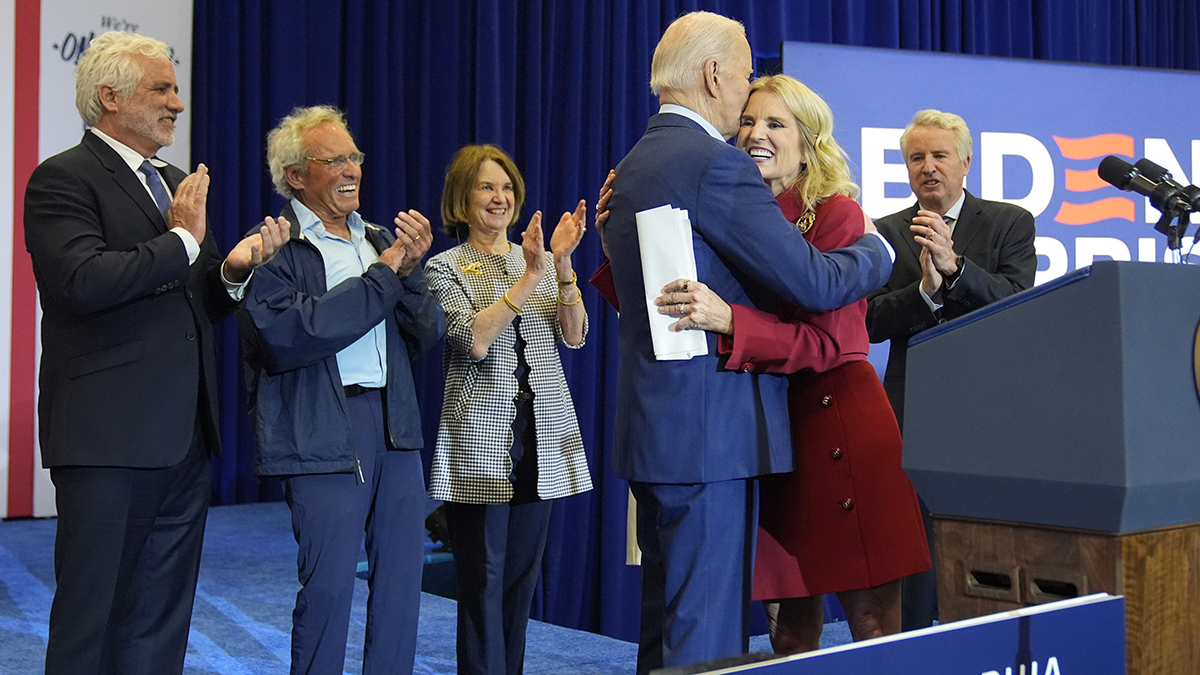A passionate debate broke out about TIFs at Wednesday’s City Council meeting. Except it wasn’t really about TIFs at all.
In fact, it was supposed to be about moving a piece of legislation out of committee and onto the floor for a vote. But it wasn’t really about that, either.
Instead, it was about the importance of aldermen’s feelings, and committee chairmanships, and respect. And whether or not aldermen should pay lip service to following the rules of order, even as they completely ignore basic parliamentary procedures for political purposes.
In other words, an all-too-typical day in Chicago City Council.
At issue was an ordinance calling for the city to redistribute surplus funds from Tax Incremental Financing (TIF) districts. The proposed legislation had been buried in the Council’s Rules Committee since it was introduced in July, and the ordinance’s primary sponsors -- Bob Fioretti (2nd) and John Arena (45th) -- decided to call it out for a vote.
To do so, they used something aldermen love to pretend to follow, but often only do so when it suits their political aims: the Council’s Rules and Order of Procedure. Rule 41 of the rules says that anytime an ordinance has been referred to a committee, and that committee has failed to take action after 60 days, "any Alderman may move to discharge the committee from further consideration of that matter."
So Arena and Fioretti did so, since the ordinance had been sitting in the Rules Committee for something like 112 days by the time Wednesday’s Council rolled around.
Politics
That's when the debate broke out. And to hear some aldermen tell it, what Arena and Fioretti did was nothing short of a stab in the back to their fellow aldermen and an affront to the traditions of civility, honor and valor in the Chicago City Council.
To understand what happened, you have to recognize some basic facts. First is that the measure was buried in the Rules Committee, chaired by Ald. Michelle Harris (8th), for a very specific reason: because Mayor Rahm Emanuel wanted it buried there.
From the mayor’s perspective, giving control over TIF dollars to aldermen would be a very dangerous thing. Who knows, they might start listening to their constituents when it comes time to decide how to spend them.
Second, one of the only true ways an alderman has any power in Chicago is over committee chairmanships. Every member of City Council knows this, and the mayor hands out committee chairs as political favors in return for strict loyalty to his agenda.
If you want proof of how much committee chairmanships matter, just look at Ald. Ed Burke (14th) and the millions of dollars he has made as chairman of the Finance Committee.
Third, when you get right down to it, most aldermen in City Council are scared of actual governing. For an alderman, the most important thing he or she can do to stay in office is deliver street-level projects to the voters in their ward, and any larger policy decisions on how the city is run that threatens that reality must be beaten back just to stay in office.
Fourth, the entire reason why the question of whether surplus TIF funds should be returned to their original taxing bodies exists is because the City Council as a whole did little to nothing as Emanuel gutted the Chicago public school system by claiming there wasn’t enough money to keep 49 schools open, and some aldermen and community groups were scrambling for a different answer.
But instead, a large part of the debate became about aldermanic privilege and whether or not it was right to call out a committee chairperson for not doing her job.
"We have a process in this Council, and out of respect for that process and your colleagues, you should have a discussion with the chairman [before calling for a vote]," said Latasha Thomas (17th).
"Instead of working with your colleagues, you’ve turned this into a pledge, like Grover Norquist and the Tea Partiers," added Ald. Ameya Pewar (47th).
"I understand there may be distrust, but there’s a system in place that involves approaching the committee chair and asking her to bring it out that must be followed," said Ald. James Cappleman (46th).
And Ald. Pat O’Connor (40th), Emanuel’s floor leader, spent 10 minutes evoking Council Wars and accused the sponsors of trying to "embarrass" their colleagues.
All this, despite the fact that alderman after alderman has complained over and over that chairwoman Harris won’t return their calls, refuses to discuss moving ordinances out of her committee and has kept some ordinances bottled up in Rules for a year or more.
None of that mattered in Wednesday’s debate, however. What mattered was that some of the aldermen got their feelings hurt because other aldermen refused to go along with a politically convenient fiction.
And that, my friends, is reason enough for an impassioned debate in Chicago City Council.



